
Organised by the British Council, the two-day youth symposium titled “Youth in Action for Global Change” gathered youth from South Asian states including Nepal, Bangladesh, Myanmar, Afghanistan and Pakistan. The participants from diverse ethnicities, cultures, religious backgrounds were gathered on one platform to celebrate the civic engagements of youth globally.
“Regional youth should be encouraged to share and develop new ideas so they can jointly play constructive roles in their societies,” said Probina, a young lady from Nepal. She was pleased at the British Council attempt to bring youth from the region to share their ideas on different socio-economic issues being faced by their respective countries. She said that young people in her country have been mobilised under the platform of Social Action Plan and are working on important social concerns. Besides social activities, people in her country are active in preserving historical and religious inherits, she added.
A participant at the symposium, Lalon Kumer Roy from Bangladesh, was pleased to have his first interaction with Pakistani youth. “Most of my misperceptions were removed after expressing views openly with the Pakistani people, particularly the youth,” he said. Sharing his experience, he said that after getting training from the British Council in his country, he began to teach 30 illiterate people who now can read and write fluently. “After I return, I will focus on other key areas,” he added.
“Youth can play constructive roles if they are encouraged and facilitated through different forums,” said Jan Muhammad, a youngster from Balochistan, who helped rescue displaced children in Quetta. “We entertained them and taught them about different healthy activities in relief camps,” he said.
Paris Shehzad, a medical student from Quetta, said he set up a medical camp with the help of some senior doctors which facilitated over 7,000 flood affected people. We also gave training in handicrafts to a large number of flood affected girls, he added.
“We make women realise that they are an integral part of community and society cannot progress without their contribution,” said another participant, Obaid Malik from Jehlum. He said that his project aims to assist rural women through different awareness programmes.
The symposium ended with performances by renowned singers Ibrarul Haq and Noori, whose songs were equally enjoyed by local and foreign youth.
Ibrar in his speech said, “Youth can be inspirational for others if it performs the role of a leader.” He said if the potential of youth is harnessed effectively they can play an important role in the development of society. “Nothing is impossible in this world if youth is committed to change,” he added.
Published in The Express Tribune, January 21st, 2011.
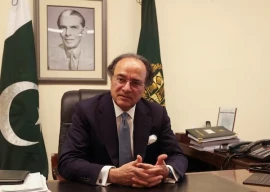
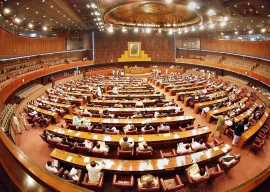
1722923569-0/khalil123-(1)1722923569-0-270x192.webp)



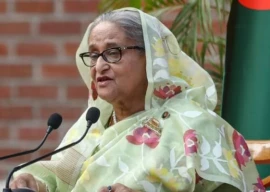
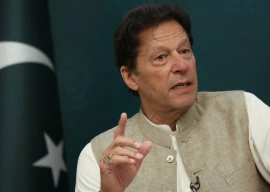
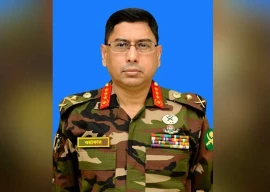
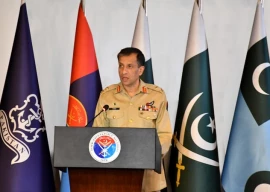
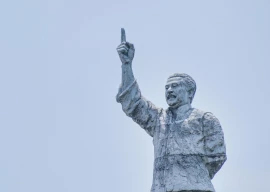
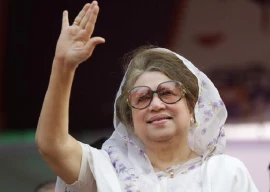






COMMENTS
Comments are moderated and generally will be posted if they are on-topic and not abusive.
For more information, please see our Comments FAQ